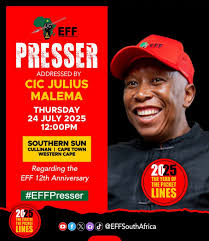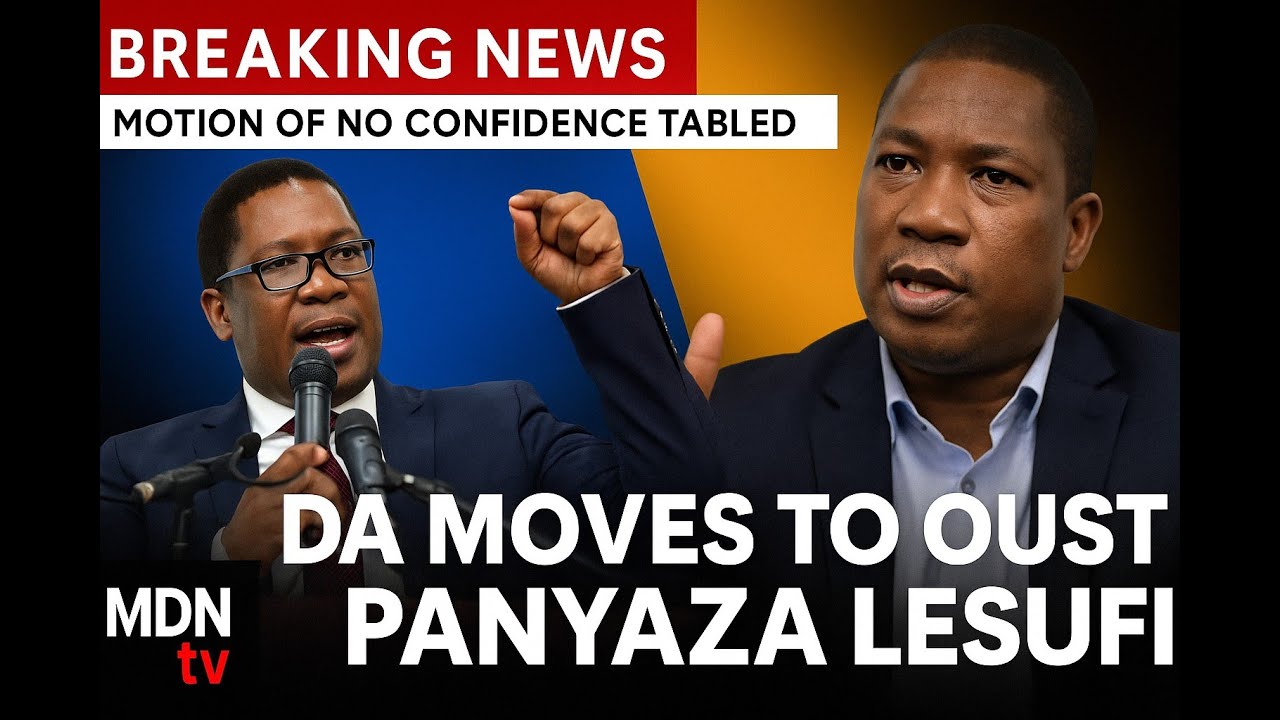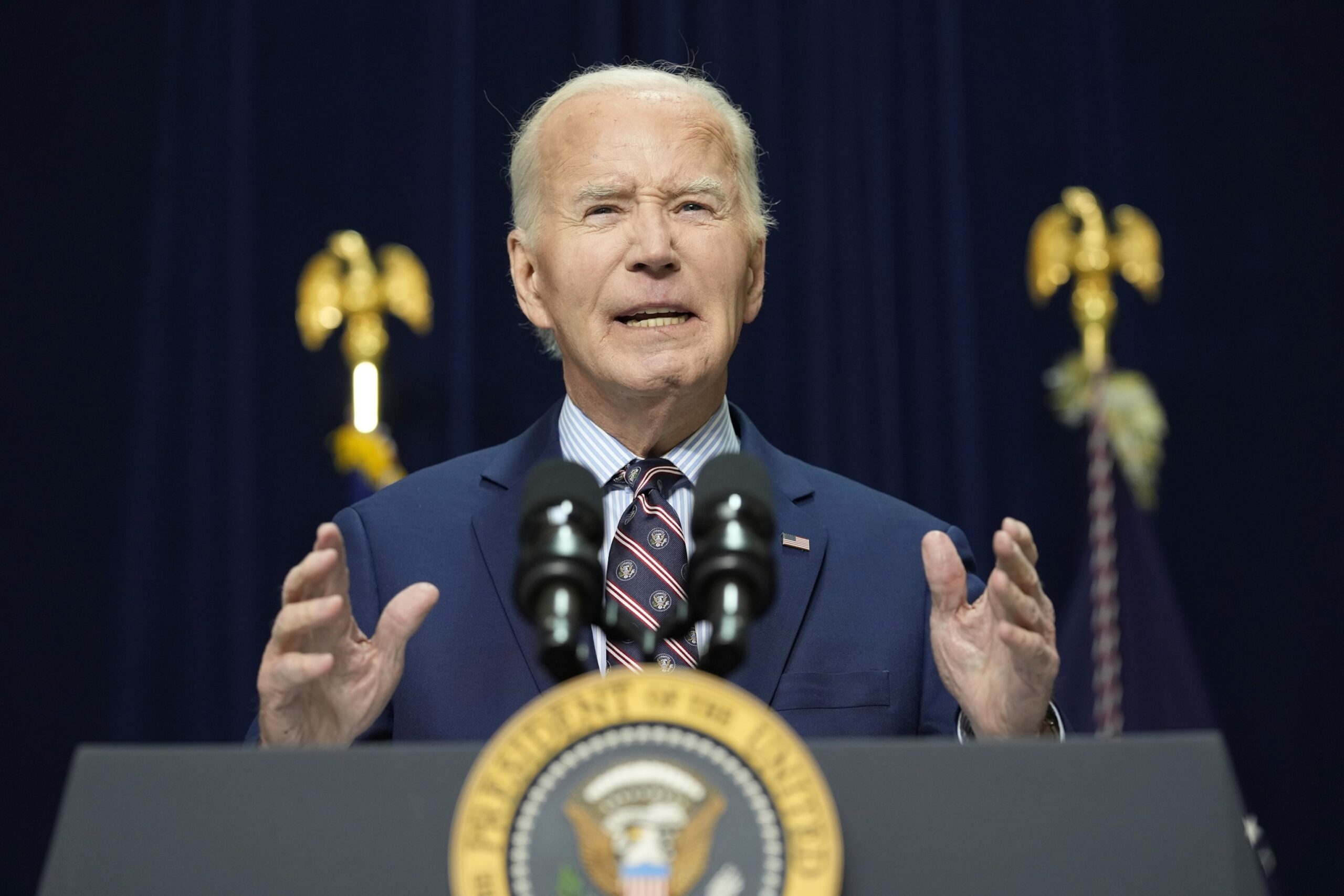Introduction
Julius Malema, the leader of the Economic Freedom Fighters (EFF), has become one of the most recognizable political figures in South Africa. Known for his fiery rhetoric and unapologetic stance on economic issues, Malema’s influence extends beyond just his party. His policies and leadership style resonate with a significant portion of the electorate, especially the youth, making him a pivotal character in the current political landscape. Understanding his rise and the implications of his policies is crucial for citizens and analysts alike in this ever-evolving political climate.
Background and Political Career
Malema was born on March 3, 1981, in the township of Seshego. His political journey began in the African National Congress (ANC), where he served as the president of the ANC Youth League until his expulsion in 2012. Following his departure, he founded the EFF in 2013 with a manifesto centered around radical economic transformation, land redistribution, and the nationalization of key industries. The EFF quickly gained popularity, especially among young voters seeking alternative political narratives to the status quo.
Current Developments
As of 2023, Malema has continued to position the EFF as a formidable opposition party, particularly in light of ongoing economic challenges and persistent issues of inequality in South Africa. The party’s recent performances in municipal elections have cemented its status as a key player, often taking seats from established parties such as the ANC and the Democratic Alliance (DA). Malema’s calls for land expropriation without compensation and increased protest actions against government policies have sparked heated debates across the nation.
Impact and Significance
Malema’s leadership style is characterized by direct engagement with his supporters and a confrontational approach towards opponents. His ability to tap into public sentiment around economic grievances has gained him a loyal following, while simultaneously attracting criticism from various sectors of society. As South Africa grapples with issues like high unemployment rates and social inequality, Malema’s proposals resonate with many who feel left behind.
Conclusion
Julius Malema’s political journey remains a critical aspect of South Africa’s contemporary landscape. As the nation approaches general elections, the EFF’s role could be pivotal in shaping political outcomes and policies. Observers are closely watching how Malema’s strategies will evolve in response to changing public sentiments and challenges within South African society. Ultimately, Malema represents both the voice of discontent and the potential for radical change in a country still seeking to realize the promises of its democratic transition.


